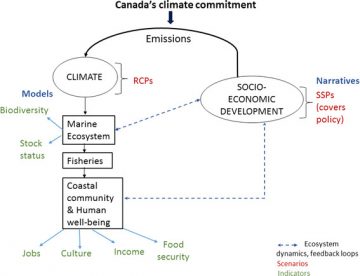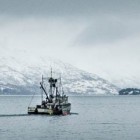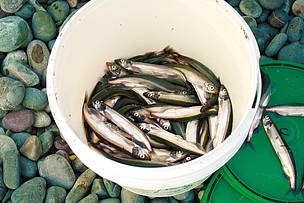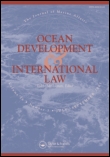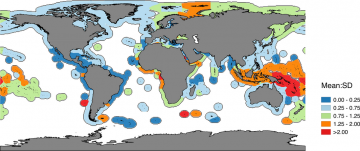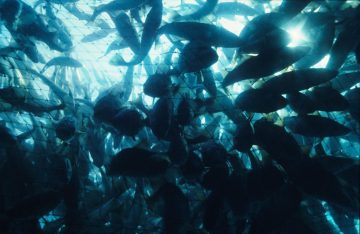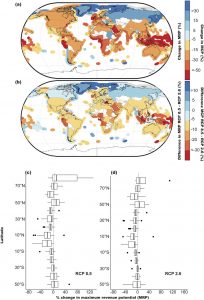Scenarios for investigating the future of Canada’s oceans and marine fisheries under environmental and socioeconomic change
The authors propose to develop national-level scenarios using a matrix framework following the concept of Shared Socioeconomic Pathways, which would allow a social-ecological examination of Canada’s oceans in terms of the state of future uncertainties. Read the full article in Regional Environmental Change here: http://rdcu.be/m4Vs
Rashid Sumaila to speak at Rosenberg Institute Public Forum in San Francisco on November 9, 2016
Why should we all care about the sustainability of the Global Ocean? In a nutshell, we need to care because in many ways our ocean and the animals living in it are our lives. Our current interactions with the ocean are, in general, not sustainable, and this lack of sustainability is very costly. Why are […]
State of the Physical, Biological and Selected Fishery Resources of Pacific Canadian Marine Ecosystems in 2015
Canadian Technical Report of Fisheries and Aquatic Sciences 3179 Peter C. Chandler, Stephanie A. King and R. Ian Perry (Editors) Fisheries & Oceans Canada Institute of Ocean Sciences http://waves-vagues.dfo-mpo.gc.ca/Library/365564.pdf
Liu Professor Sets Scene at 2016 Our Ocean Conference
Professor Rashid Sumaila at the “Fisheries for the Future” talk at the 2016 Our Ocean conference.
WWF-Canada warns that small fish are in big trouble
ST JOHN’S, August 2, 2016 — WWF-Canada is warning that forage fish are in trouble, following their new assessment of Canadian fisheries, released today in their report Food for All. These small fish are vitally important to starving predators such as whales and seabirds, as well as critical to the recovery of commercial fisheries such […]
Marine Species at Risk Protection in Australia and Canada: Paper Promises, Paltry Progressions
This article compares the law and policy frameworks for protecting marine species at risk in Australia and Canada. The sea of practical challenges is examined, including achieving listing of threatened commercial species; attaining timely and effective recovery planning; and identifying and protecting critical habitats. Read the full article in Ocean Development and International Law here: […]
Transform high seas management to build climate resilience in marine seafood supply
Climate change is projected to redistribute fisheries resources, resulting in tropical regions suffering decreases in seafood production. While sustainably managing marine ecosystems contributes to building climate resilience, these solutions require transformation of ocean governance. Recent studies and international initiatives suggest that conserving high seas biodiversity and fish stocks will have ecological and economic benefits; however, […]
The wicked problem beneath the waves: fisheries in danger in the South China Sea
Shared fisheries resources in the waters of the South China Sea are crucial to the social and economic survival of coastal communities, but poor collaboration on marine resource management threatens their future, write Allison Witter and Rashid Sumaila. Read the article in Policy Forum: http://www.policyforum.net/wicked-problem-beneath-waves/
Global fisheries stand to lose approximately $10 billion of their annual revenue by 2050 if climate change continues unchecked, and countries that are most dependent on fisheries for food will be the hardest hit, finds new UBC research
Climate change impacts such as rising temperatures and changes in ocean salinity, acidity and oxygen levels are expected to result in decreased catches, as previous research from UBC’s Institute for the Oceans and Fisheries has found. In this study, the authors examined the financial impact of these projected losses for all fishing countries in 2050, […]
La gestion des pêches en haute mer
Interview on Radio Canada with Dyhia Belhabib, researcher at UBC’s Institute for the Oceans and Fisheries (in French).

